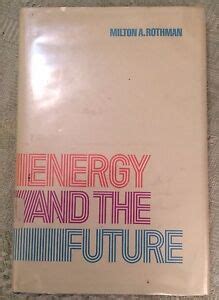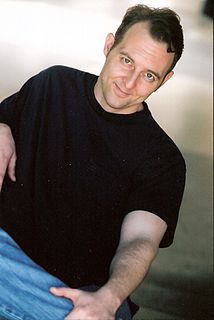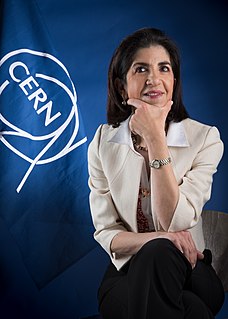A Quote by Jonathan Sacks
The meaning of the universe lies outside the universe.
Quote Topics
Related Quotes
We are all connected to each other biologically, to the earth chemically and to the rest of the universe atomically. That's kinda cool! That makes me smile and I actually feel quite large at the end of that. It's not that we are better than the universe, we are part of the universe. We are in the universe and the universe is in us.
To most humans, a universe consisting of particles banging about and doing what they have to do seems cold, barren, and without meaning. Meaning, however, is not something that floats in space, permeating the universe like a nebulous, mystical cloud. ... Meaning arises out of the working of the human mind, and therefore exists only in the human mind. The meaning of existence is whatever you want to make of it.
The absurdist is concerned with the search for meaning in the Universe. He believes this search to be meaningless--hence the disintegration of plot, character, and language in absurdist drama. Order is a falsehood that we, God, those who came before us, have imposed on a random universe. However, the absurdist is confronted with a curious paradox: though he believes the Universe to be meaningless, he cannot abandon the search for meaning--or he will die.
To most theistic believers, human life can have no meaning in a universe without God. Quite sincerely, and with understandable yearning for a meaning to their existence, they reject the possibility of no God. In their minds, only a purposeful universe based on God is possible and science can do nothing else but support thistruth.
The most unfathomable schools and sages have never attained to the gravity which dwells in the eyes of a baby of three months old. It is the gravity of astonishment at the universe, and astonishment at the universe is not mysticism, but a transcendent common-sense. The fascination of children lies in this: that with each of them all things are remade, and the universe is put again upon its trial.
There was something formless and perfect before the universe was born. It is serene. Empty. Solitary. Unchanging. Infinite. Eternally present. It is the mother of the universe. For lack of a better name, I call it the Tao. It flows through all things, inside and outside, and returns to the origin of all things. The Tao is great. The universe is great. Earth is great. Man is great. These are the four great powers. Man follows the earth. Earth follows the universe. The universe follows the Tao. The Tao follows only itself.
When we look at the universe, what we see by eye or with our telescopes is only five percent of the universe. The rest, 95 percent is dark. Dark meaning, first of all, not visible to our instrument. Second, dark also indicates our ignorance. We don't know what's the composition of this part of the universe.
I believe the universe wants to be noticed. I think the universe is inprobably biased toward the consciousness, that it rewards intelligence in part because the universe enjoys its elegance being observed. And who am I, living in the middle of history, to tell the universe that it-or my observation of it-is temporary?
We are living in an inspiring and unimaginably large universe. Contemplating the immensity of our cosmos can make you feel very small and insignificant. But think about it. You have 37.2 trillion cells in your body. There is vastness outside you and vastness inside you. You are connected to this mystery, you are a microcosm of the universe, and every aspect of your life benefits from the universe's provision.
As we shall see, the concept of time has no meaning before the beginning of the universe. This was first pointed out by St. Augustine. When asked: What did God do before he created the universe? Augustine didn't reply: He was preparing Hell for people who asked such questions. Instead, he said that time was a property of the universe that God created, and that time did not exist before the beginning of the universe.





































